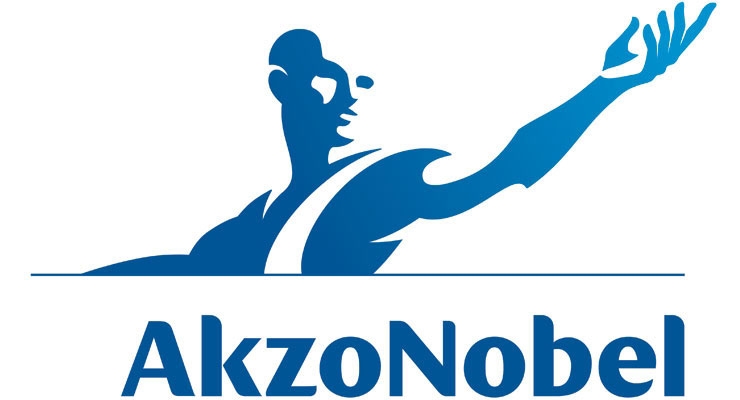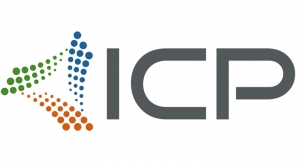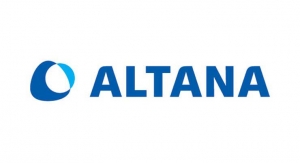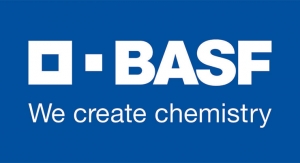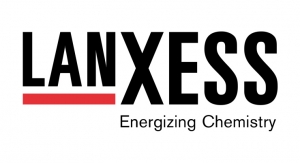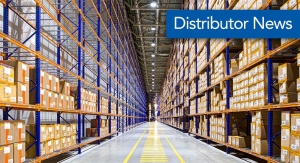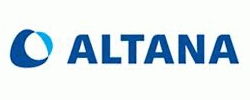10.10.17
AkzoNobel's Specialty Chemicals business has entered the next phase of a major expansion at its organic peroxides facility in Ningbo, China, which will increase production capacity by more than 100% by the third quarter of 2018.
The company's Ningbo site produces dicumyl peroxide (DCP), an organic peroxide used as a crosslinking agent in the manufacture of polymers. Capacity at the site was boosted by 40 percent in August, following the completion of an initial project, and is set to double to a capacity of 38,000 tons per year.
"The market for DCP is strong and continues to grow globally," said Johan Landfors, managing director of AkzoNobel's Polymer Chemistry business. "This new expansion is necessary to meet that demand, and is also a visible demonstration of the company's continued commitment to invest in the future of the Specialty Chemicals business."
DCP is used in the production of a variety of polymers that need to have exceptional durability. These polymers can be found in many different products, including shoe soles - a market which is growing significantly, especially in developing countries. DCP is also used in polymers for insulating high voltage cables, which are increasingly in demand for upgrading electricity networks, connecting offshore wind parks and other sources of renewable energy.
"The continued development in Ningbo is a clear sign to our customers that we are dedicated to retaining our leadership position in the organic peroxides industry," added Werner Fuhrmann, AkzoNobel's Executive Committee member responsible for Specialty Chemicals. "By continuing to invest in our production sites and focusing on operational excellence, we will be better positioned to accommodate the growth of our customers."
More than 500 people are employed at the Ningbo site, which houses manufacturing plants for several of AkzoNobel's Specialty Chemicals businesses. AkzoNobel's Ningbo DCP plant is the largest of its kind in the world.
The company's Ningbo site produces dicumyl peroxide (DCP), an organic peroxide used as a crosslinking agent in the manufacture of polymers. Capacity at the site was boosted by 40 percent in August, following the completion of an initial project, and is set to double to a capacity of 38,000 tons per year.
"The market for DCP is strong and continues to grow globally," said Johan Landfors, managing director of AkzoNobel's Polymer Chemistry business. "This new expansion is necessary to meet that demand, and is also a visible demonstration of the company's continued commitment to invest in the future of the Specialty Chemicals business."
DCP is used in the production of a variety of polymers that need to have exceptional durability. These polymers can be found in many different products, including shoe soles - a market which is growing significantly, especially in developing countries. DCP is also used in polymers for insulating high voltage cables, which are increasingly in demand for upgrading electricity networks, connecting offshore wind parks and other sources of renewable energy.
"The continued development in Ningbo is a clear sign to our customers that we are dedicated to retaining our leadership position in the organic peroxides industry," added Werner Fuhrmann, AkzoNobel's Executive Committee member responsible for Specialty Chemicals. "By continuing to invest in our production sites and focusing on operational excellence, we will be better positioned to accommodate the growth of our customers."
More than 500 people are employed at the Ningbo site, which houses manufacturing plants for several of AkzoNobel's Specialty Chemicals businesses. AkzoNobel's Ningbo DCP plant is the largest of its kind in the world.

